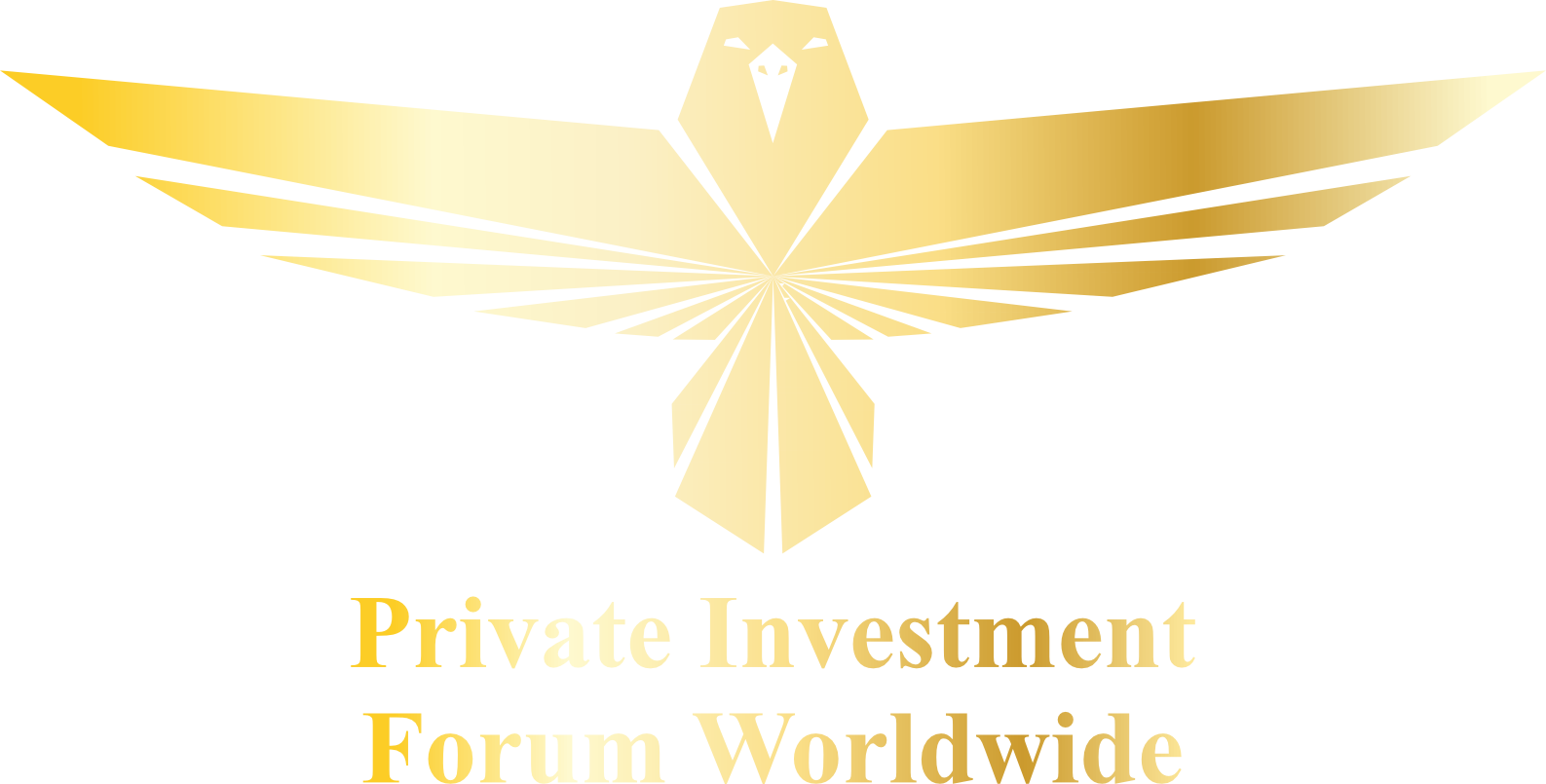
The old-world charm of Europe often conjures up images of traditional europe’s family business—vineyards in France, artisanal bakeries in Germany, or olive oil producers in Italy—that have been passed down through generations. According to the European Family Businesses (EFB) organization, these family-run enterprises are not just postcard material; they are the economic backbone of the continent. Composing 60% to 88% of all European companies, they provide jobs to around 50% of the total labor force. Yet, as millennials step into the fold, there’s a growing hesitancy to take over these businesses, risking an erosion of an essential part of European culture and economy. So, what exactly is causing this disconnect?
The Digitalization Gap
We live in the age of digital transformation—an era that has seen old business models crumble while tech-savvy disruptors rise. Millennials, born and raised in this digital era, often find traditional business models unattractive and outdated. A survey conducted by various industry players noted that the majority of millennial respondents were put off by the lack of digitalization in their family businesses. These digital natives are accustomed to the efficiencies and conveniences offered by modern technology. In contrast, many family businesses in Europe remain steeped in traditional ways, often viewing digital transformations as unnecessary or daunting ventures.
Skills and Experience Mismatch
Another growing concern among millennials is their lack of skill and experience needed to manage these businesses successfully. Consultancy firms like PwC and KPMG have published various studies that illuminate this sentiment among the younger generation. Many of these businesses are highly specialized, requiring not just business acumen but also deep industry knowledge. Millennials often feel unprepared to tackle these challenges, given their divergent educational backgrounds and experiences. As a result, the prospect of taking over the family business becomes daunting, further widening the generational divide.
A Clash of Values
Millennials also bring to the table a new set of values and priorities that sometimes clash with those of the older generations running the family business. Issues such as sustainability, ethical sourcing, and diversity and inclusion are often more important to millennials than to their predecessors. Attempts to modernize the business according to these values can lead to tension and disagreements, making the process of succession far less smooth than hoped for.
The Risk of Dilution
The reluctance of millennials to take over family businesses also poses a risk of dilution of these enterprises. Unable to find successors within the family, these businesses are often sold or merged, causing the loss of unique crafts, skills, and traditions that have been nurtured over generations. Seshu Bhagavathula, Director of the Board at CityQ, Germany, mentioned at a recent Club gathering that, “As the new generation comes into power, there seems to be no more interest in continuing with the family tradition in the business. So, with that, probably Germany will be up for sale.” This not only affects the cultural fabric but also has a ripple effect on local economies, as these businesses often serve as significant employers and contributors to their communities.
The Way Forward
Given the socio-economic importance of family businesses in Europe, bridging the generational gap is crucial. Strategies could include early exposure to the business, formalized training, and mentorship programs to give millennials the skills and confidence they need. Additionally, the older generations must be open to modernizing and digitizing their operations, not only to attract millennial involvement but to remain competitive in an evolving marketplace. It is high time that both generations acknowledge the challenges and work collaboratively to find solutions. The survival and prosperity of Europe’s family businesses, as well as the preservation of a rich and diverse cultural legacy, are at stake. The question then is not just about passing down a family business; it’s about the handover of a deep-rooted legacy to a new generation equipped to carry it into the future.
As we grapple with the complexities of sustaining family businesses across generations, it’s imperative to have a secure place where solutions can be discussed and formulated. The upcoming 142nd Single Family Office Forum: “Cooperation of SFOs Worldwide, Chapter IV”, serves as such, offering a unique opportunity for industry leaders to delve into pivotal topics like the impact of technological advancements on wealth management, strategies for navigating global regulatory landscapes, and best practices for succession planning. The forum not only promises a wealth of insights but also provides a unique networking opportunity that could be instrumental in aligning generational perspectives and fostering sustainable growth in family enterprises. To secure your spot, register here.










